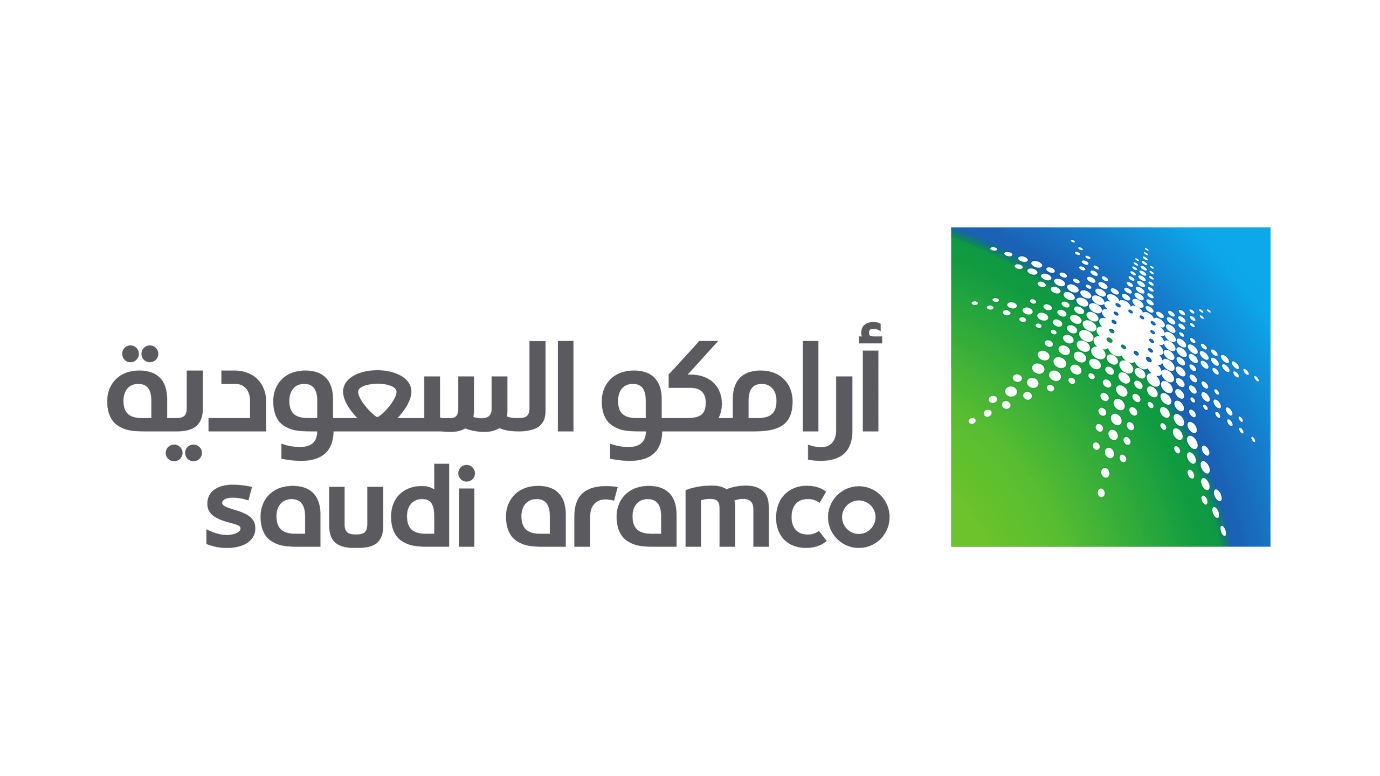
Why Skills-First Leadership Is Replacing the Ivy League Playbook in the C-Suite
The old prestige pyramid—where Ivy League degrees and blue-chip consulting backgrounds paved the way to the CEO seat—is cracking.

June 28, 2023: Saudi Arabia’s state-owned oil giant Aramco is bullish on oil markets for the rest of 2023 as demand from major importers China and India is expected to be strong despite an expected global downturn.
“We believe that oil demand fundamentals remain generally sound for the rest of the year,” CEO Amin Nasser expressed at the Energy Asia conference in the Malaysian capital, Kuala Lumpur.
His optimism comes even as the world’s largest oil importer, China, shows signs of stalling growth, provoking several cuts in the country’s key lending rates.
“Despite the recession risks in several OECD countries, the economies of developing countries, especially China and India, are driving oil demand growth of over 2 million barrels per day this year,” said Nasser.
He projected that the industry’s supply-demand credits will likely tighten once the broader international economy starts to recover.
“Although China is facing some economic headwinds, the transport and petrochemical sectors are still showing signs of demand growth,” the CEO added.
Oil market prospects to continue for the rest of 2023: Aramco
It echoes the International Energy Agency’s prediction that global oil demand will rise by 2.4 million barrels per day in 2023, outpacing the previous year’s 2.3 million barrels per day increase. The agency noted in its June statement that China accounts for 60% of the gains.
“Indian market is equally robust with the latest readings for May showing both gasoline and diesel shattering records,” the agency said in their June information. Conversely, the demand from OECD countries “remains lackluster” amid an ongoing manufacturing recession and generally suppressed economic growth.

The old prestige pyramid—where Ivy League degrees and blue-chip consulting backgrounds paved the way to the CEO seat—is cracking.

Loud leaders once ruled the boardroom. Charisma was currency. Big talk drove big valuations.

But the CEOs who make history in downturns aren’t the ones with the deepest cuts

Companies invest millions in leadership development, yet many of their best executives leave within a few years. Why?

The most successful business leaders don’t just identify gaps in the market; they anticipate future needs before anyone else.

With technological advancements, shifting consumer expectations, and global interconnectedness, the role of business leaders

Following a distinguished Law Enforcement career Joe McGee founded The Securitatem Group to provide contemporary global operational specialist security and specialist security training products and services for private clients, corporate organisations, and Government bodies. They deliver a wide range of services, including complete end-to-end protection packages, close protection, residential security, protection drivers, and online and physical installations. They provide covert and overt investigations and specialist surveillance services with a Broad range of weapons and tactical-based training, including conflict management, risk and threat management, tactical training, tactical medicine, and command and control training.

Jay Wright, CEO and Co-Owner of Virgin Wines infectious energy, enthusiasm, passion and drive has been instrumental in creating an environment that encourages talent to thrive and a culture that puts the customer at the very heart of every decision-making process.

Fabio de Concilio is the visionary CEO & Chairman of the Board at Farmacosmo, a leading organization dedicated to mental health and community support services. With a deep commitment to identifying and meeting customer needs, Fabio ensures that high standards are maintained across the board.

Character Determines Destiny – so said Aristotle. And David CM Carter believes that more than anything else. For David, it has been numerous years of research into codifying Entelechy Academy’s 54 character qualities that underpin everything he stands for as a leader and teacher.


Leave us a message
Subscribe
Fill the form our team will contact you
Advertise with us
Fill the form our team will contact you